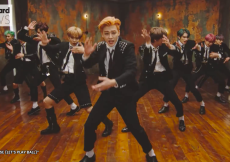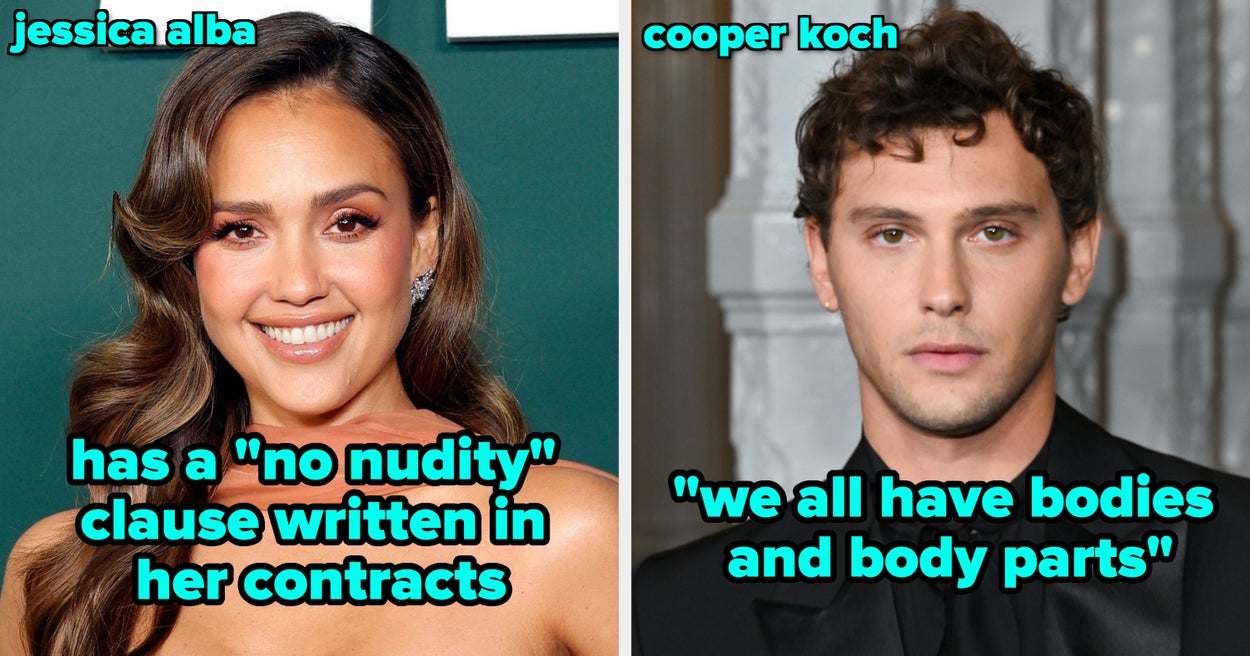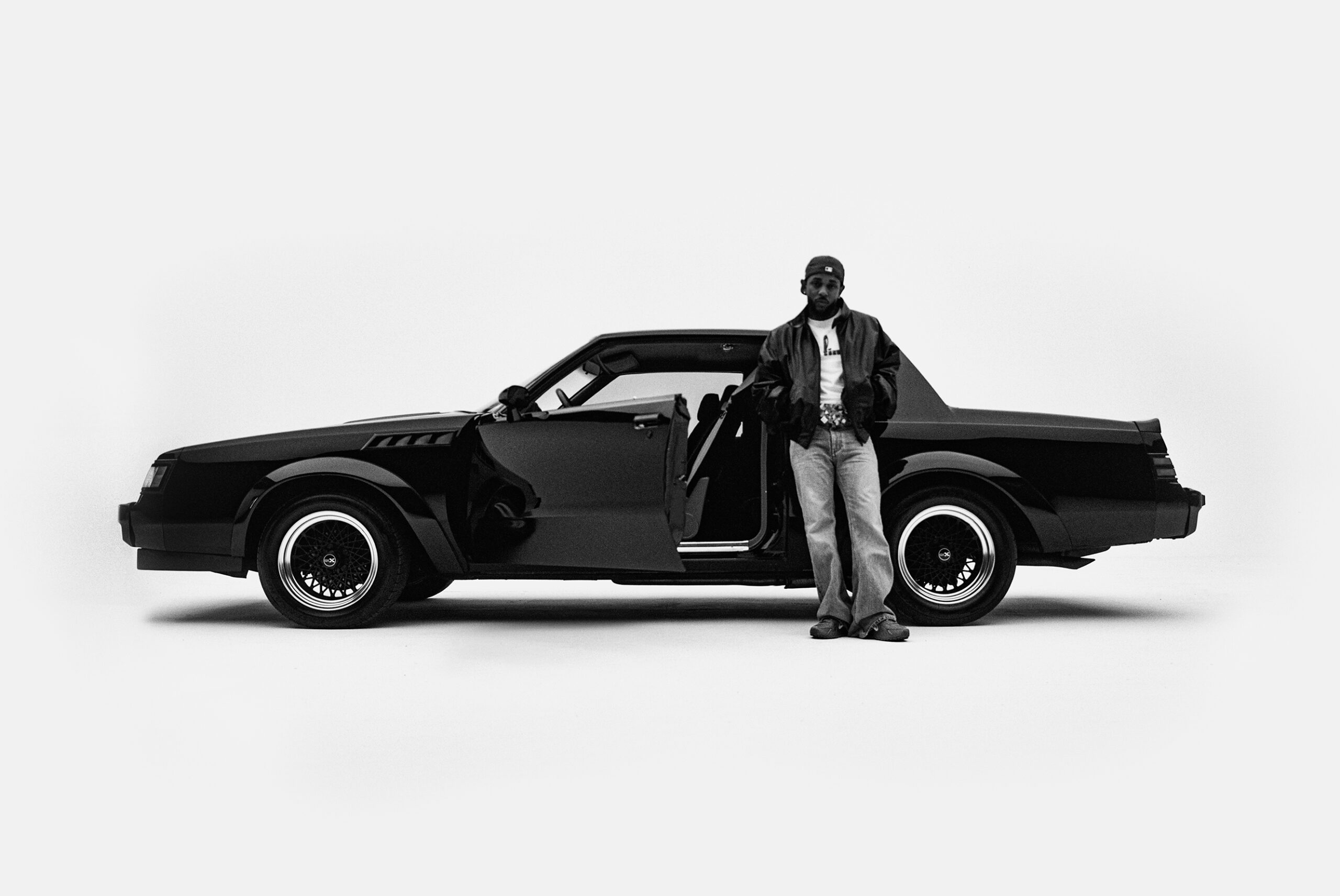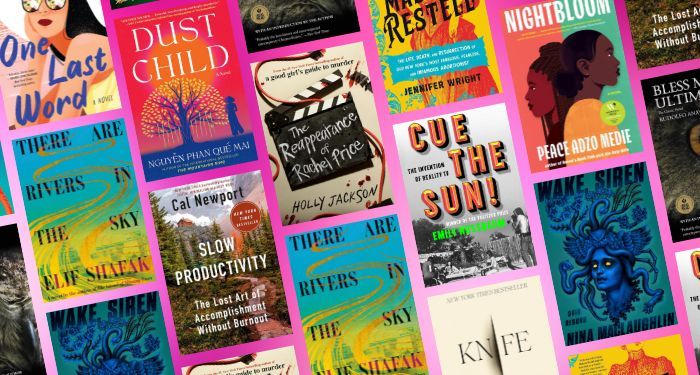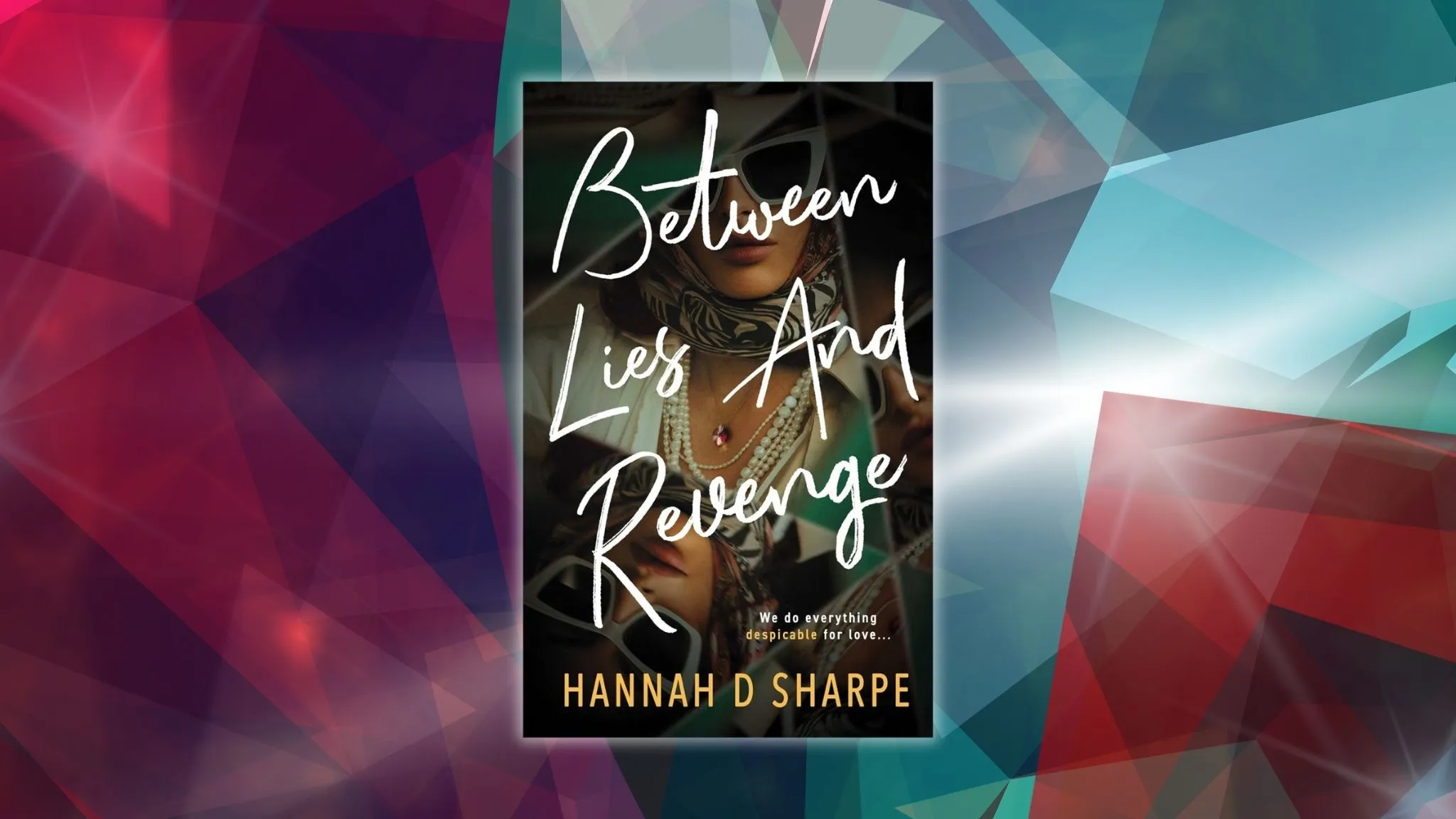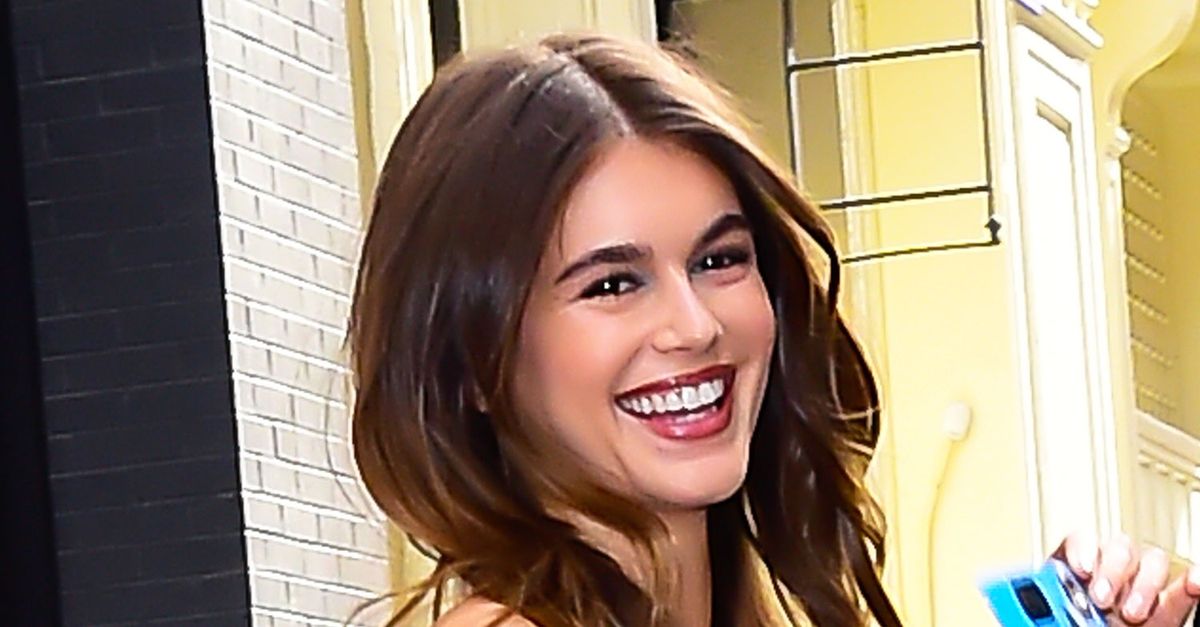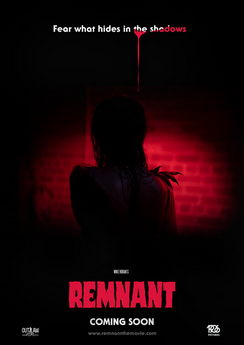Despite all the bops born out of her Love.Angel.Music.Baby. era, we must acknowledge that Gwen Stefani’s objectification, fetishization, and infantilization of Japanese people was really, really weird. But what’s even weirder is that nearly two decades later, the No Doubt singer still stands by her overwhelming Harajuku obsession — going so far as to declare herself Japanese in a bizarre new interview with Allure.
For readers who may have been too young at the time, “Love,” “Angel,” “Music,” and “Baby” weren’t just the words Stefani cobbled together for the title of her solo debut; those were the nicknames she bestowed unto the “Harajuku Girls,” Stefani’s crew of four Japanese-American dancers who appeared alongside her on stage, in music videos, and…nearly everywhere she went, almost as if they were her neon-clad pet puppies.
Stefani told Allure’s Jesa Marie Calaor that she first became enamored with Harajuku subculture after hearing about it from her (Italian-American) father, who’d travel between the States and Japan for his job at Yamaha. It wasn’t until the pop star was an adult that she was able to travel to the namesake Tokyo neighborhood to witness it herself: “I said, ‘My God, I’m Japanese and I didn’t know it,’” Stefani recalled of her first visit.
“If [people are] going to criticize me for being a fan of something beautiful and sharing that, then I just think that doesn’t feel right,” Stefani continued. “I think it was a beautiful time of creativity… [It] should be OK to be inspired by other cultures because if we’re not allowed then that’s dividing people, right?”
Calador wrote in the article that during this interview, “Stefani asserted twice that she was Japanese and once that she was ‘a little bit of an Orange County girl, a little bit of a Japanese girl, a little bit of an English girl.’” What’s more, the singer also claimed the Latinx culture of her Anaheim, California hometown, citing its music and fashion signatures: “Even though I’m an Italian American — Irish or whatever mutt that I am — that’s who I became because those were my people, right?”
Appreciating a culture different from your own is one thing, but throughout her career, Stefani has blatantly commodified Japanese culture with her numerous fashion lines, perfumes, and even a TV show. Sure, some of that cash has gone to good causes, but to be white and call yourself Japanese — especially in the shadows of rampant Asian-American hate — is, to say the very least, B-A-N-A-N-A-S.





